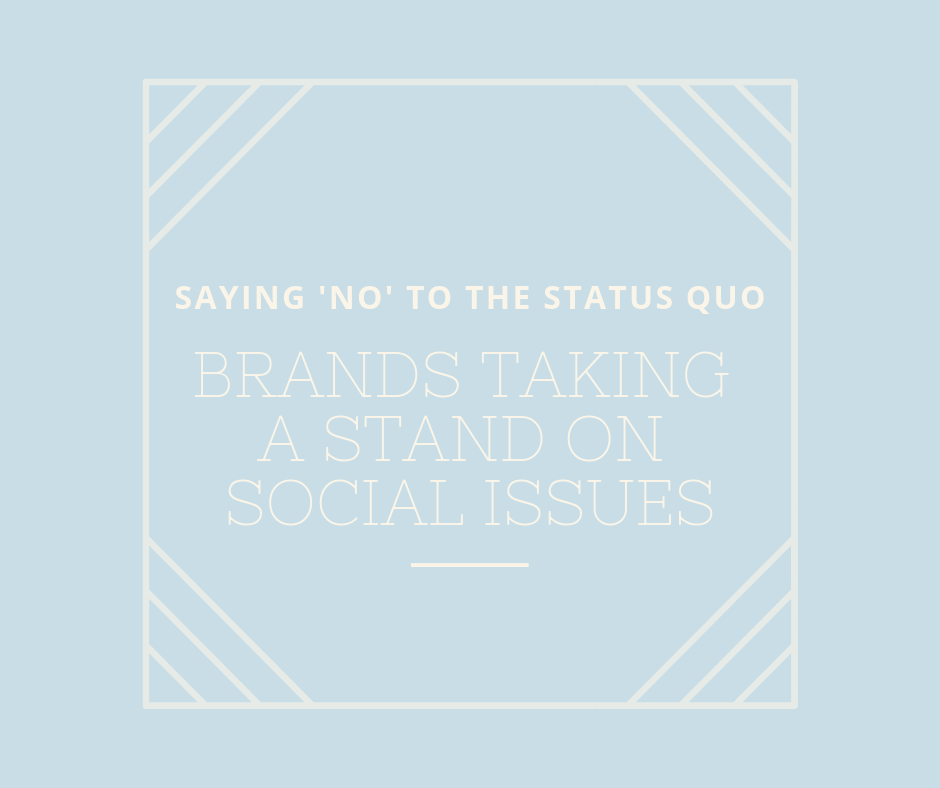This past Monday, shaving company Gillette took a clever spin on their 30-year-old tagline, “The Best a Man Can Get,” addressing what it means for men to attain their personal bests in 2019.
The company’s newest advertisement, We Believe: The Best Men Can Be, made international waves this week – receiving both praise and criticism. In the span of one minute and 48 seconds, the ad highlights the positive and negative aspects of masculinity; overtly criticizing the “boys will be boys” mentality and taking a political stance in support of the #MeToo movement. Above all, the video discusses ways in which men have – and can continue – to set a positive example for generations to come, eliminating excuses for poor behaviour and holding other men accountable for their actions.
One week later, the video has generated nearly 22 million views on YouTube. In the process, the ad has also attracted an alarming one million dislikes. In fact, many have pledged to boycott the brand and its parent company, Procter & Gamble, all together. As some have said on social media, Gillette is “calling out males for being men,” including the hashtag #Gilletteboycott in their degrading tweets. Others have labelled the ad as a sales and marketing ploy, aimed at attracting the “sensitive” and politically correct. Interestingly enough, while the ad has received an abundance of backlash, many have come to vocally support the company and their daring move.
The debate over whether Gillette has overstepped its boundaries is complex, especially from a public relations perspective. Is it truly the role of a shaving company to support a political movement?
In a society saturated with competing products, separating a brand from its competitors is vital. Regardless of the criticism, Gillette is trending in the news more so than it ever was before. People are talking about the ad, garnering what their friends, family, and colleagues think about its message. Much like Nike’s controversial campaign featuring NFL athlete Colin Kaepernick, Gillette is hoping to appeal to the public by starting a conversion. To do this, they must live by their stance, acting as positive role models themselves for the “boys of today and the men of tomorrow.” Encouragement is simply not enough when attempting to create change – action matters.
What browsing an extensive amount of #Gilletteboycott tweets will not tell you, however, is that Gillette is doing just that. In a press release published prior to the advertisement’s debut, Gillette unveiled a charitable campaign to accompany the ad. The company promised to donate “$1 million per year for the next three years to non-profit organizations executing programs in the U.S. designed to help men of all ages achieve their personal ‘best’,’” starting with the Boys and Girls Club of America. Not only is Gillette encouraging others to create positive change, but they, themselves, are delivering on the principles of respect, accountability, and role modelling. Gillette is committed to their promise of building a new tomorrow and they are starting with themselves.
With commitment to their goals in mind, Gillette is opening the doors for many other companies wishing to take political stances on social issues. To separate themselves from the rest, brands can no longer remain silent about topics that matter to them. Instead, they must strategically emerge from the status quo.
—
Sarah Greening – Editor

